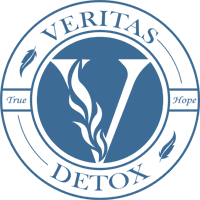Technology has drastically changed the world as we know it. With around 9 in 10 Americans owning a smartphone, more and more people are connected to more information than ever before. Therefore, technology and addiction play a significant role in terms of recovery because recovering people with an addiction can now access online therapy, virtual support groups, and access educational recovery resources all from their devices. This makes support more accessible than ever before! Keep reading to learn more about using digital resources to support your recovery.
At Veritas Detox, we provide premier addiction treatment in California to help patients effectively break free of addiction once and for all. We offer a wide variety of addiction treatment options so you can receive the unique care you need to best support your road to recovery. Contact us today to learn more about how we can help you lead a healthier, happier life.
5 Digital Resources You Can Use to Support Your Recovery
Understanding technology and addiction recovery is important. This is because there are several digital resources, many of which for free, you can be using to support your road to recovery.
Teletherapy
Online therapy, or teletherapy, has significantly risen in demand in recent years, and for good reason! Teletherapy gives not just recovering addicts but people looking for mental health support the ability to easily talk to a licensed mental health professional over the phone. While teletherapy should not be seen as a way to replace in-person care, it can supplement your recovery journey. For example, if you are looking for further support as you transition from inpatient treatment back to everyday life, teletherapy could be a great option for you.
Online Support Groups
Next, online support groups are another way technology and addiction can be used to support recovering addicts. Sometimes, the road to recovery can be lonely. However, online support groups give you the ability to connect with other people who share similar experiences and struggles as you do. Plus, these online support groups make seeking support/ community way more accessible as you can join virtual support group meetings from the comfort of your own home.
Educational Resources
Plus, technology gives you knowledge at your fingertips to learn more about addiction and how best to support your road to recovery. Whether it’s reading online books from specialists in the addiction recovery space, or up on addiction research or other information online, there’s no question that technology gives you access to educational resources you can use to support your recovery journey.
Recovery Podcasts
Along the same lines as access to educational resources, technology allows you the ability to listen to podcasts on addiction and addiction recovery you can use to educate yourself/ support your recovery. For example, recovery podcasts can be both educational and inspirational, especially if the podcast covers how someone’s life has transformed for the better once they’ve sought treatment and achieved sobriety.
Social Media Communities
Finally, social media communities are another way you can easily connect with other people online who’ve also struggled with addiction. This allows you to feel less alone in your journey, while also giving you the ability to ask for support and advice from others who can relate to what you’re going through. Not to mention, inside social media communities, you can connect with mental health professionals or addiction specialists who can share their insights on how best to support your road to recovery.
Ready to Start Your Road to Recovery
As you can see, technology and addiction can play a significant role in your road to recovery. There are several online resources you can use to help support your recovery journey. While digital resources are not a replacement for in-person treatment, they offer even more ways you can supplement your recovery journey.
At Veritas Detox, we are a leading drug rehab in California that’s committed to helping as many patients as possible achieve lasting sobriety. Our compassionate team is here to help you every step of the way so you can receive the individualized care you need to best support your unique recovery needs. Ready to start your road to recovery? Contact us today!





